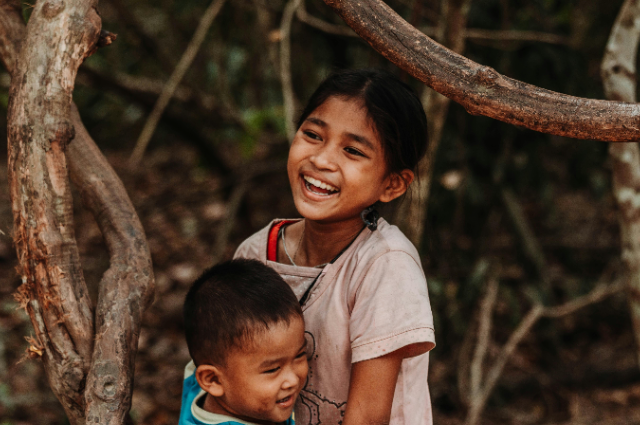
If you're the oldest child, you've already heard the story. You know what it's like to be the "responsible one," the "example," the one who's expected to understand, forgive first, and mature faster than others. You did not volunteer for the role; you simply arrived first. The joys of being a firstborn child are often described as being the one who brings back childhood and its fond memories. And with that comes the responsibilities you never asked for.
The story varies a bit with gender, but not by a lot. While the women deal with conflicts of adjusting to this patriarchal society, where parents are trying not to be regressive but are only adopting the bits and pieces of the progressive society that fit their narrative. Men, on the other hand, are sometimes cursed by being born into the role of breadwinner by following in the same steps as their fathers. There may or may not be room for ‘the road less taken’. It all forms under the fixed mindset of a mold that was forged once and is to be maintained forever. The maturity expected by both is a lot like the branches of the same tree. They grew up as the “experiment project” for some, and where circumstances weren’t as kind, they became a burden to be warded off faster and later, a burden handler for the rest of the siblings. You matured, maybe not by choice but out of necessity. The eldest kid suddenly started meaning holding your emotions, keeping your thoughts to yourself, and expressing only when it is apt. You start to nod along and understand others’ emotions more often than your own. They became the ones who soothed tension, held the house steady, and later became the emotional buffer for everyone else. Taking care of your sibling comes naturally to you - like muscle memory when the elders are not around, and the need to run and hide away keeps building over the years to be the child that you feel abandoned you a bit too early.
Every single failure feels like a wrecking ball in the face of your parents, headed your way, and so, you become apprehensive and wary. You tread a lot more carefully. Who once was an adventurous child becomes this shell of a human being with age.
Growing up as the eldest child presents a perplexing paradox. On the one hand, you are respected, trusted, praised, and relied on. On the other hand, you are constantly pushed to your limits by expectations that no one has anticipated. Even then, your best may not be enough, which will hurt and haunt you. You're told to be calm, patient, rational, and sensible. You are told to be the bridge in arguments, the cushion for mistakes, and the model of how things should be done. You cannot afford any mistakes, and certainly not be a rebel who wants to pave their own way. And so, somewhere along the way, you learn to reduce your own needs so that others can grow theirs. That carefree and curious child becomes calculated and tired.
Because the truth is that the eldest child is not made of some unbreakable spirit, it is all delicate but determined will. And sometimes, it becomes too heavy to keep walking with a broken will.
So let it be said clearly:
The hand that I hold also needs to be held.
The thoughts that I absorb also need to be heard.
The strength I show also needs to be fragile.
The calm that I am also needs to break.
And the love that I give also needs to be understood.
This saga continues into adulthood as well. Most of these things are only realized when the child leaves the nest and sees and understands the world through their own perspective. Even though the role of being “an unofficial guardian” leaves when you move away, the script stays with you. You become the friend who listens more than you speak, the one everyone calls when something has gone wrong, the person others lean on because you seem steady even at times of chaos, you become the ‘almost experienced’ anchor in emotional storms. And yes, there is something admirable about that. So much strength and so much courage with a heart so big that you are willing to give and give without having a second thought. But there is also a loneliness that sits beneath it, a longing to be understood without having to explain yourself first.
But here's the part we rarely say out loud: you don't have to carry everything forever. You're allowed to break without losing your strength. You're allowed to ask for help without feeling weak. You're allowed to cry before everyone else is asleep. You're allowed to be cared for, not just depended on. Real healing begins when the eldest child comes to offer themselves the same tenderness, patience, gentleness, forgiveness, and space to breathe they've spent their whole life giving away. Being the eldest is not just a responsibility; it's a journey- a slow unfolding of learning who you are beyond who you were expected to be.
Sources:
